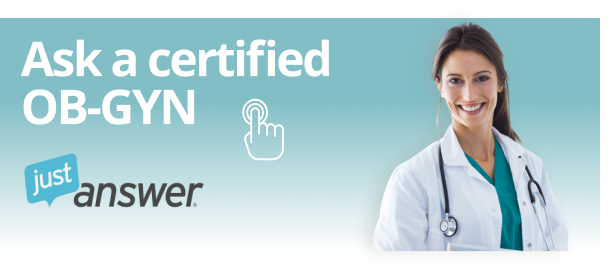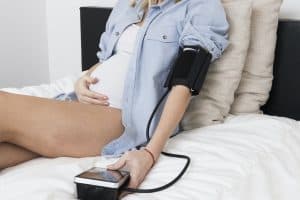You should definitely check with your doctor before taking any medication during pregnancy. Even for medication you were already on at the time of getting pregnant, now needs to be approved by your doctors as certain medication pre-pregnancy may not be suitable or safe when pregnant.
The general guideline is that you should avoid taking any medication when pregnant, specially in the first three months of pregnancy. However, if you must, certain medicines are safer compared to others.
When it comes to common medication such as painkillers, fever medication and antihistamines, you can refer to the below guidelines, in addition to consulting a doctor:
Can I take paracetamol when I’m pregnant?
If you have mild or moderate pain or high fever, NHK states that it is generally safe to take paracetamol during pregnancy. But as with any medicine taken during pregnancy, use paracetamol at the lowest effective dose for the shortest possible time.
There are certain formulations in the market that include paracetamol with caffeine for quick action. However, these variants of paracetamol are not recommended.
Can I take Ibuprofen during pregnancy?
The NHK guideline is to avoid taking ibuprofen during first 30 weeks of pregnancy due to risk of complications and miscarriage. However, if you have already taken ibuprofen before week 30 of pregnancy and feeling ok, it is likely you will be fine.
Some studies have found that taking NSAIDs (ibuprofen, naproxen, aspirin, celecoxib) during the early part of pregnancy may increase your risk of miscarriage.
Post 30 weeks, the risks are even higher and therefore NHK recommends not taking any ibuprofen past 30 weeks of pregnancy due to risks of complications, including a heart problem in your baby and a reduced amount of amniotic fluid. If you have accidentally taken ibuprofen past 30 weeks of pregnancy, you must inform your doctor immediately for an assessment of your and your baby’s health.
Can I take hay fever or allergy medicine during pregnancy?
It is best to try non-medicinal methods of preventing allergies such as staying indoors, closing windows and covering your eyes when going out. However, if must take medication, you should check with your doctor as not all allergy medication is safe to take during pregnancy.
As a first line of treatment, you may be recommended to take OTC nasal spray or eye drops:
- a corticosteroid nasal spray
- a sodium cromoglicate nasal spray, though this may be less effective than a corticosteroid nasal spray
- antihistamine or sodium cromoglicate eyedrops
Antihistamine tablets (oral antihistamines) may be required if the drops or spray don’t help. However, these may not be available without prescription. The following antihistamines are considered safe during pregnancy, while others may not be:
- loratadine – this is usually the first choice for pregnant women because of the amount of safety data available for it
- cetirizine – if loratadine is not suitable or does not work for you, a GP may recommend cetirizine, another antihistamine tablet that does not cause drowsiness
- Chlorphenamine is also considered one of the safer antihistamines to take during pregnancy, but because it can cause drowsiness, loratadine and cetirizine are usually the preferred options.
NHS recommends the bumps (best use of medicines in pregnancy) website, for more information about taking specific medicines in pregnancy.
Is it safe to take opioid pain killers during pregnancy (CDC guidelines)?
Opioids are prescription medicines that are commonly prescribed by healthcare providers to treat moderate to severe pain. Opioids are also found in some prescription cough medicines. Opioids include medicines like codeine, oxycodone, hydrocodone, or morphine. A study from the Centers for Disease Control and Prevention (CDC) found that women who took NSAIDs and opioid pain medicines during early pregnancy were more likely to have babies affected with certain birth defects. You should not take opioid painkillers during pregnancy without a doctors prescription.
You can also refer to this link for additional list of common medications to avoid during pregnancy from Tommy’s website.
Photo by Rex Pickar on Unsplash












